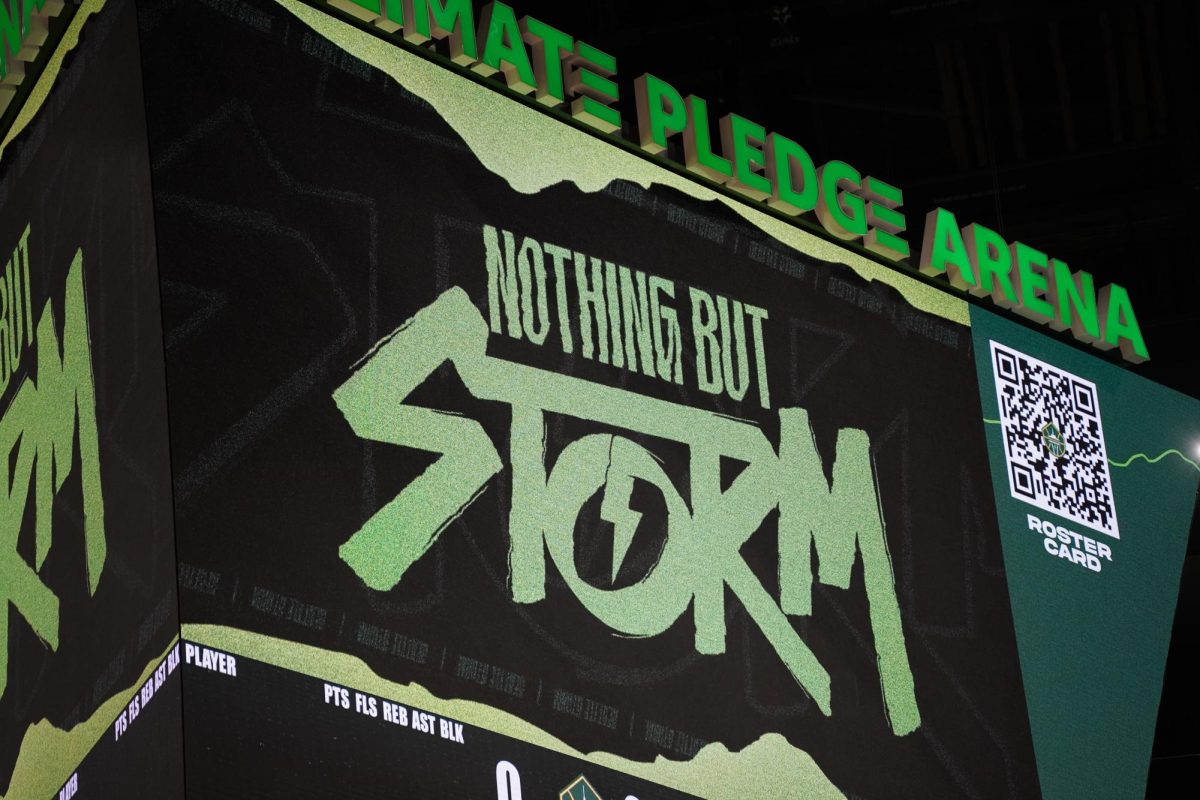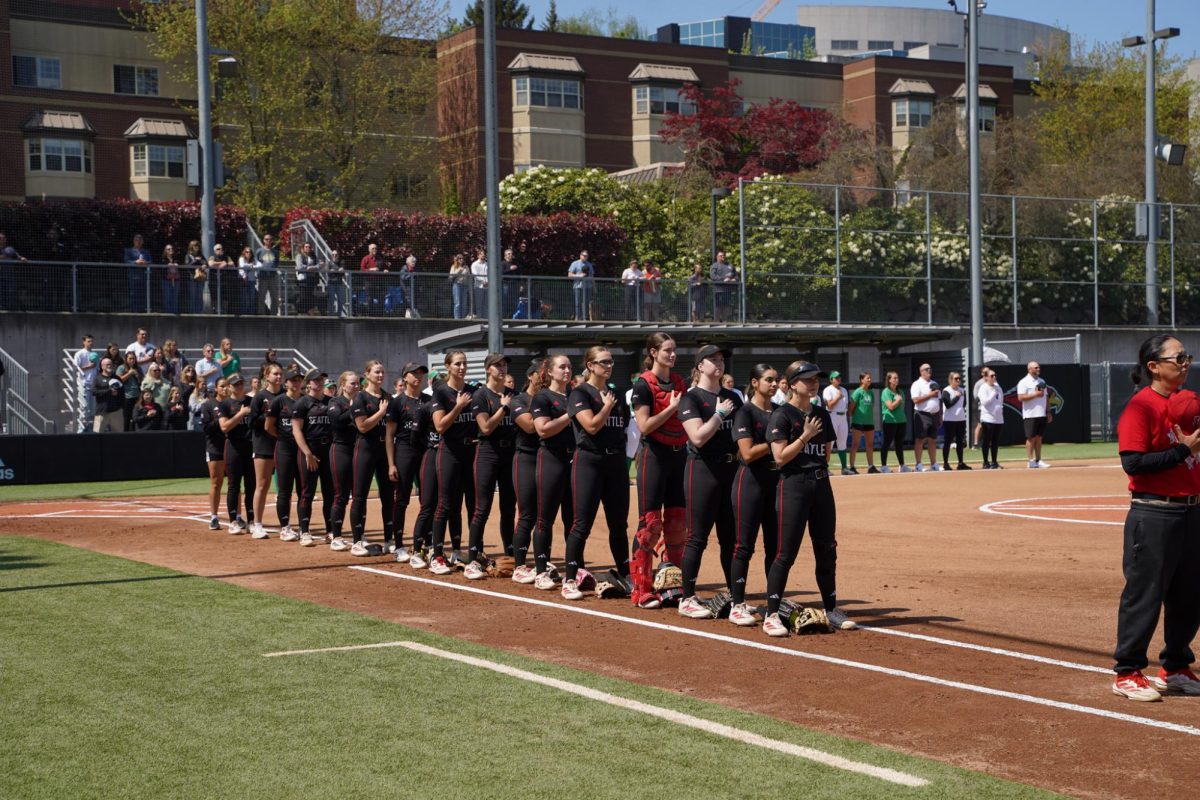Sports in the United States have a long and ugly relationship with racial slurs and ethnic stereotypes. Despite decades of resistance and activism by Native Americans, a number of major league sports teams—and even more high school programs—still fight to retain their offensive titles and mascots.
Last week, this issue was brought back to the national political stage when Washington’s own Maria Cantwell, the chairwoman of the Indian Affairs Committee, wrote a letter to NFL Commissioner Roger Goodell in regard to the Washington Redskins’ continued use of their offensive title. The letter, which was drafted with Republican Representative Tom Cole, refers to a press conference in January of this year when Goodell defended the team’s name and argued that it “honored” Native Americans. Cole and Cantwell point out that, far from honoring anyone, the name has been designated as a racial slur by the Patent and Trademark Office. In 1999 the agency refused to register the team’s trademark and the letter warns that agency plans on taking up a new case against the team “soon.”
The letter also makes reference to the NFL’s tax-exempt status and whether or not said status should be retained in the face of profiting from the “degradation of tribes and Indian People.”
The issue of the team’s name has long been a contentious one. National protests against the name began after the team won Super Bowl XXII in 1988. The team’s fans are also notorious for appropriating cultural images like headdresses or relying on stereotypical imagery to represent native peoples.
Seattle University has its own history of offensive mascots. Though originally known as the Maroons, Seattle’s team name changed to The Chieftains in 1938. In 1999, at the behest of students and the local community, the school changed the name to the Redhawks. Unlike Washington D.C.’s team, the administration heard the arguments against the name and acted accordingly.
Monica Nixon, the director of Multicultural Affairs, pointed out that fans often struggle with name changes because of their devotion to the sport.
“I think it speaks to the really emotional connection people make with the ways they affiliate,” said Nixon. “They connect with the community of fans and the intergenerational fan experience. I think people feel this deep affiliation and can’t imagine that they might still feel that affiliation if the name were different.”
Last October Dan Snyder, the current owner of D.C.’s team, defended the name. He said that the name was integral to the team’s history and referred to a recent poll the team had released in order to gauge response to the name. According to him, the poll found that “79 percent of respondents thought the team should not change the name.”
Nixon said that results like these aren’t surprising. “You can always find people who are indifferent or fine with [the name]. But you still know that there are people who aren’t fine with it.” Nixon said. “Again, in the balance of things, that weighs more heavily. You can always find someone who thinks racism is fine.”
She also said the view that the name somehow honors people and their culture is ahistorical.
“Those names were not originally created to honor people. They were created because there was this image of native people as stereotypes. There were negative stereotypes they were playing into when they created these names. That’s the historical root,” Nixon said.
Cantwell’s letter also mentioned that, despite the team’s claims that it’s honoring native people, the National Congress of American Indians (NCAI) is in support of a name change. The letter points out that the NCAI “represents more than 250 tribes and millions of Native Americans.” It also argues that the continued use of the slur interferes with the government’s continued relationship with Native American communities.
The Oneida Nation, which also has a long history of fighting against the name, issued a statement in response to the letter.
“The NFL is a publicly subsidized $9 billion-a-year brand with global reach, and it is using those public resources and that brand to promote a dictionary-defined racial slur,” wrote representative Ray Halbritter. “While the Washington team somehow claims that Congress has better things to do than intervene in a serious issue that involves taxpayer dollars, it is the exact opposite: Congress has a responsibility to the American people to put an end to this kind of taxpayer-subsidized bigotry.”
Nixon said that one of the destructive impacts of such team names is that they normalize racist terms.
“These images have such widespread influence, they become so pervasive because of the role that sports has in our culture. We get socialized to accept these images as OK, and even as positive, because we associate positive things with these sports experiences.” she said. “And I think it leads to people thinking that this is what being native is, which is utterly false.”







